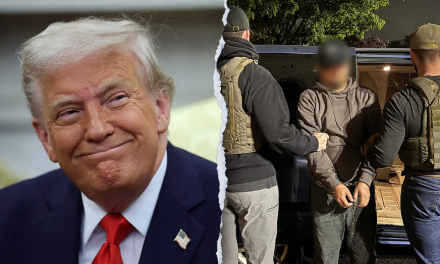In the ever-evolving landscape of American politics, media endorsements can wield significant influence. In a notable turn of events, the Washington Post chose to abstain from endorsing Donald Trump in a recent election cycle. Prior to reaching this decision, the renowned publication made its stance abundantly clear through a series of incisive critiques.
Characterizing Trump’s tenure as less than exemplary, the Washington Post didn’t hold back in its assessment. Using descriptors such as “dreadful” and dubbing him the “worst president of modern times,” the publication took a firm position against the former president’s leadership. These formidable words captured the attention of readers nationwide and stirred conversation across political divides.
Such vociferous criticism underscores not merely a rejection of Trump’s policies but also a broader commentary on his approach to governance. The editorial board of the Washington Post highlighted a series of grievances including concerns over Trump’s handling of the economy, his response to critical international issues, and his domestic policy decisions. Furthermore, his strategies regarding healthcare, immigration, and numerous high-profile legislative proposals were scrutinized heavily. The publication implied that these factors contributed to their harsh evaluation.
The Washington Post’s decision not to endorse Trump is significant in the chronicle of presidential endorsements by major media outlets. Historically, endorsements have served as a powerful tool in drawing public opinion and lending credibility to political candidates. Thus, the outright decision to withhold an endorsement is not only a statement against the intended recipient but also a reflection of the publication’s principles and evaluative standards.
Understanding the potential impact of a non-endorsement, especially from a distinguished outlet like the Washington Post, requires a look back at the implications such decisions bear on the electorate. For some voters, endorsements and critiques provide a lens through which to assess candidates, either confirming or challenging pre-existing beliefs. For others, they may serve as a point of skepticism towards the media. Ultimately, while not necessarily swaying an election’s outcome, such decisions do enhance the discourse around candidate viability and policy effectiveness.
The Washington Post’s fiery critique and subsequent non-endorsement of Trump signal a moment of conscientious decision-making intended to uphold journalistic integrity. As the political climate continues to fluctuate, observers and operatives alike will watch closely to gauge how these decisions shape future endorsements and influence public perception in the unfolding narrative of American political life.
































